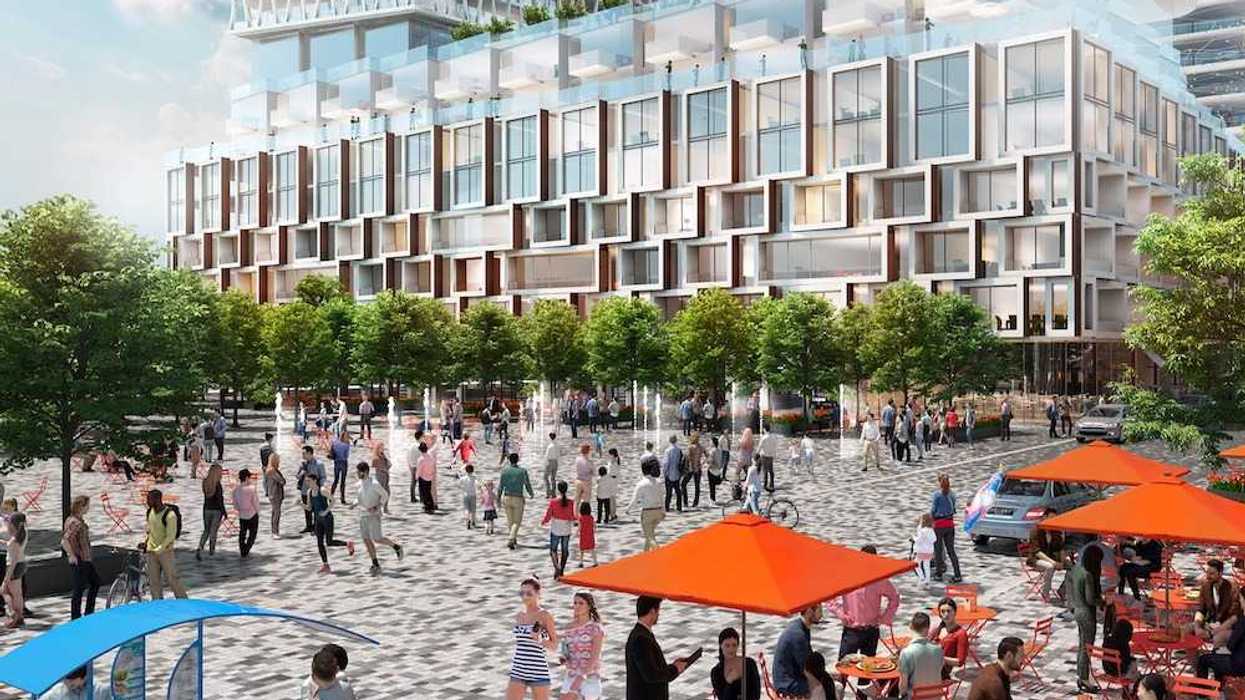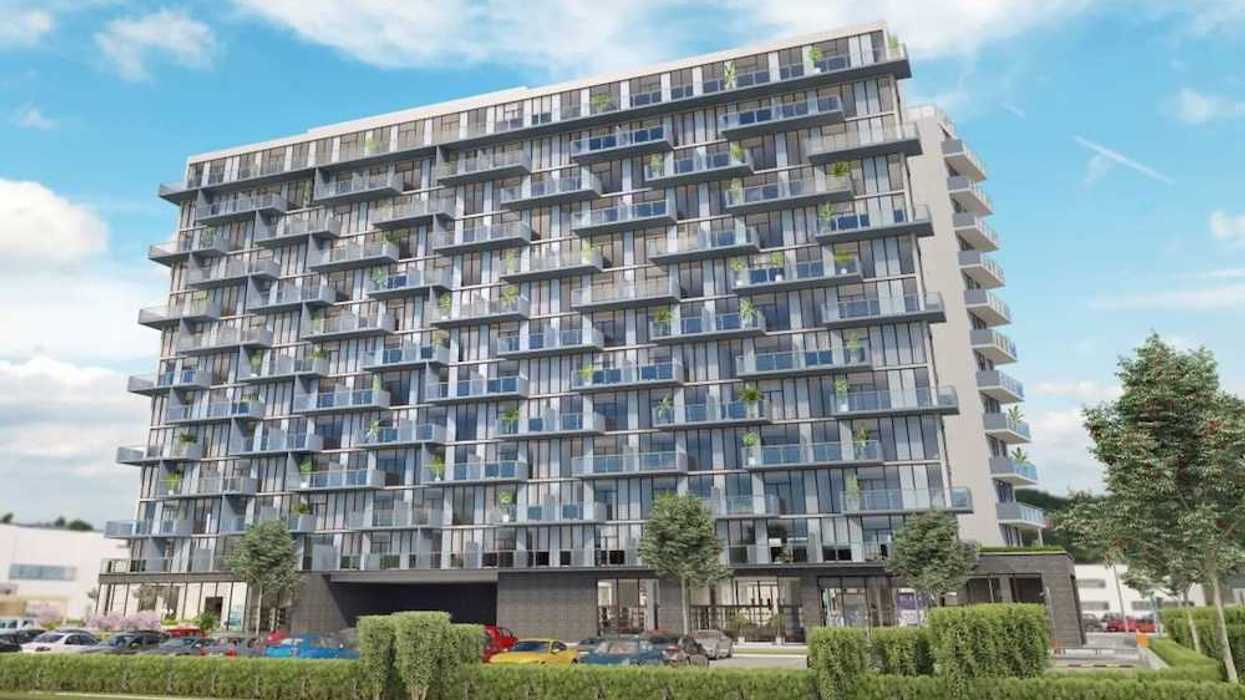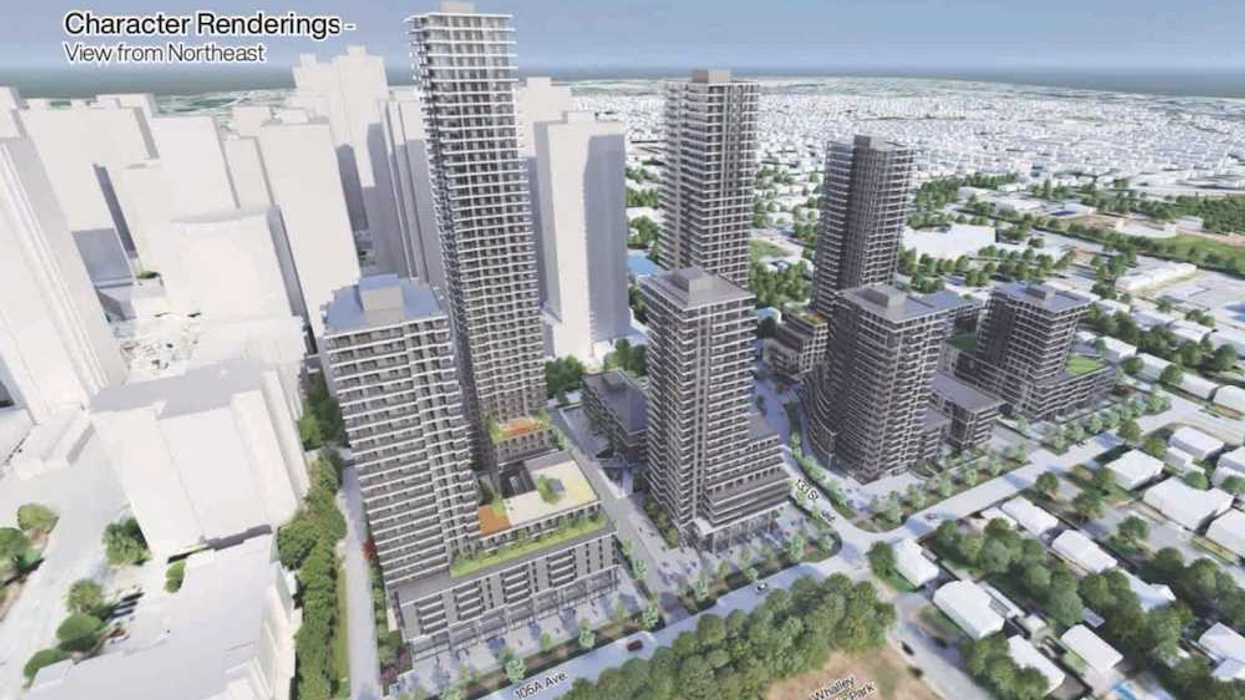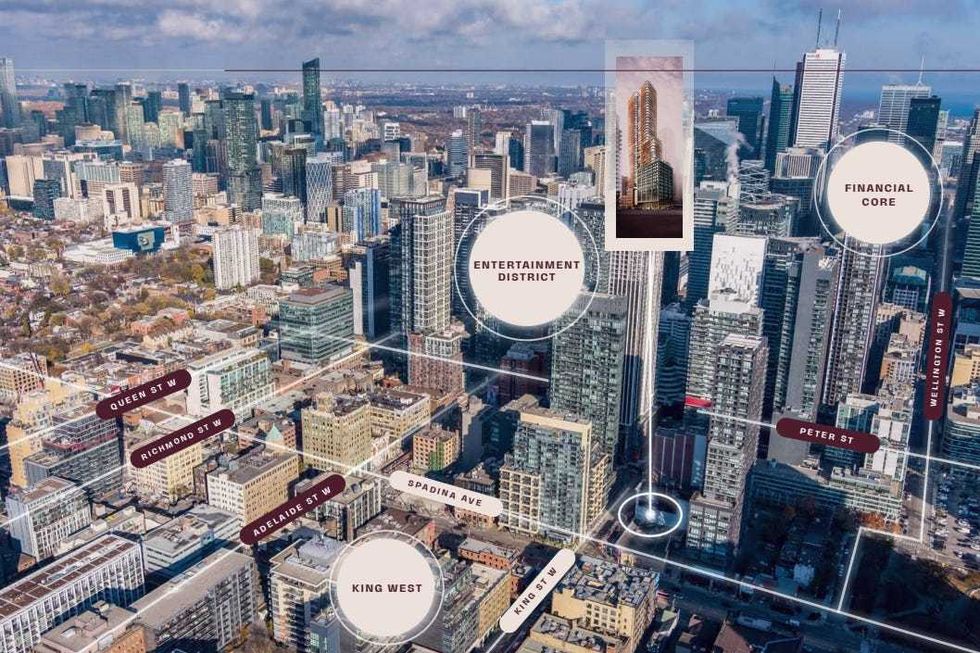Fixed vs. Variable Rate
Compare fixed and variable mortgage rates in Canada, and learn how to choose based on your financial goals, risk tolerance, and market trends.

May 22, 2025
What is a Fixed vs. Variable Rate?
Fixed vs. variable rate refers to the difference between two types of mortgage interest structures: one with a constant rate and one that fluctuates with market changes.
Why Fixed vs. Variable Rates Matter in Real Estate
In Canadian real estate, choosing between a fixed or variable mortgage rate is one of the most important decisions for homebuyers. Each option offers distinct benefits and risks:
- Fixed rate mortgages have a locked-in interest rate for the term (e.g., 5 years), providing predictable payments and stability.
- Variable rate mortgages fluctuate with the lender’s prime rate, potentially offering lower initial rates but higher risk if rates rise.
Pros of Fixed Rate:
- Budget certainty
- Protection from interest rate hikes
Pros of Variable Rate:
- Historically lower average rates
- Potential savings if rates fall or stay low
The right choice depends on market outlook, financial comfort with risk, and how long the homeowner plans to stay in the property. Some borrowers opt for hybrid mortgages, combining both types.
Understanding this trade-off is key to managing long-term mortgage costs and financial stability.
Example of Fixed vs. Variable Rates in Action
A homeowner chooses a 5-year fixed rate at 5.2%, while their friend selects a variable rate at prime minus 1%, currently 4.8%. When rates rise, the variable rate eventually surpasses the fixed rate.
Key Takeaways
- Fixed = stable, predictable payments.
- Variable = fluctuates with market rates.
- Variable may offer initial savings.
- Fixed provides peace of mind in volatile markets.
- Decision affects long-term mortgage costs.
Related Terms
- Fixed Rate Mortgage
- Variable Rate Mortgage
- Interest Rate
- Mortgage Term
- Mortgage Renewal


 205 Queen Street, Brampton/Hazelview
205 Queen Street, Brampton/Hazelview







 CREA
CREA
 Liam Gill is a lawyer and tech entrepreneur who consults with Torontonians looking to convert under-densified properties. (More Neighbours Toronto)
Liam Gill is a lawyer and tech entrepreneur who consults with Torontonians looking to convert under-densified properties. (More Neighbours Toronto)

 401-415 King Street West. (JLL)
401-415 King Street West. (JLL)
 Eric Lombardi at an event for Build Toronto, which is the first municipal project of Build Canada. Lombardi became chair of Build Toronto in September 2025.
Eric Lombardi at an event for Build Toronto, which is the first municipal project of Build Canada. Lombardi became chair of Build Toronto in September 2025.